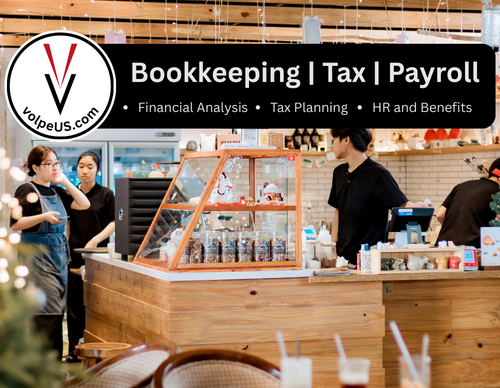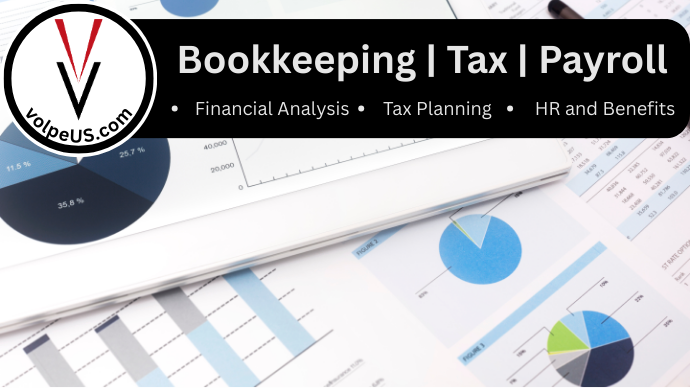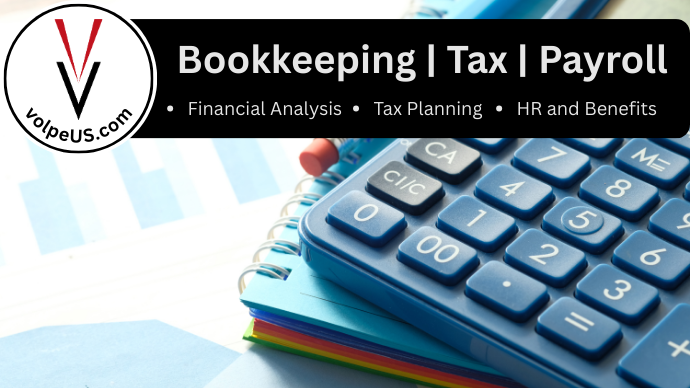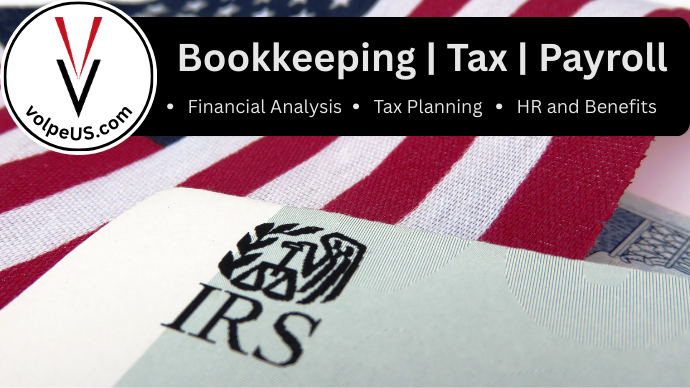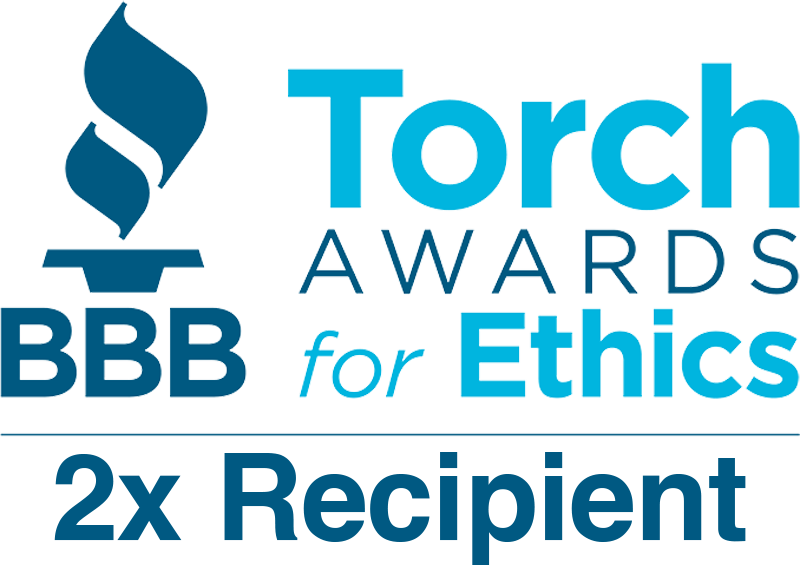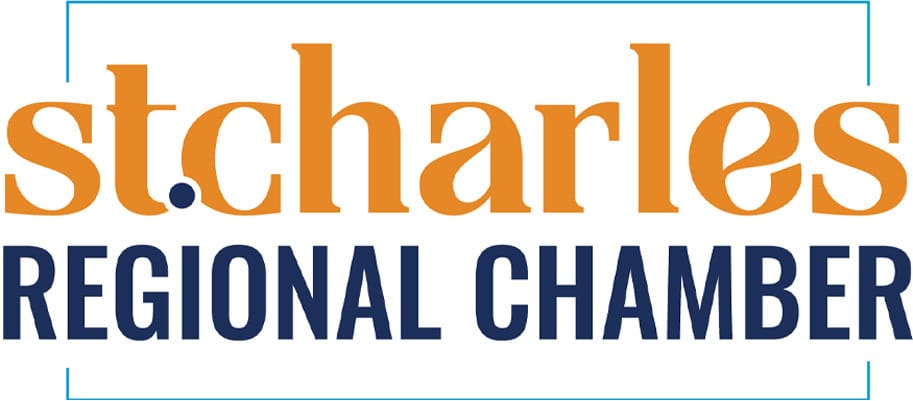Jump to a Specific Section
What it Means to be Self-Employed
Being self-employed means embracing a work style where you are your own boss, complete with both freedoms and responsibilities. Unlike traditional employees, you don’t have taxes automatically withheld from your income, requiring you to take an active role in managing your financial obligations to the IRS. This involves not just understanding your income, but also how various tax implications—like self-employment tax designed to cover Social Security and Medicare—will impact you.
It’s crucial to understand the difference between self-employment tax and income tax:
- Self-employment tax specifically addresses Social Security and Medicare contributions.
- Income tax relates to the earnings you bring home.
To determine your tax responsibilities, you need to calculate your net profit or loss by subtracting your business expenses from your business income. This calculation not only clarifies how much income tax you owe, but also indicates whether you’re subject to self-employment tax.
Quarterly estimated tax payments become a routine for the self-employed. This means forecasting your annual earnings to ensure you’re paying the correct amount of taxes throughout the year to avoid surprises at tax time.
As intimidating as this might seem, there are certain advantages, such as the ability to deduct half of your self-employment tax as an income tax deduction, easing the financial burden slightly while helping you stay compliant with tax laws.
Understanding these aspects is crucial for maintaining your self-employment health. Not only does it ensure compliance, but it also empowers you to take advantage of eligible deductions and credits, ultimately benefiting your bottom line.
The journey of self-employment is rewarding, but it demands informed financial decision-making to pave a path towards success.
Is There a Difference Between Being Self-Employed and Being a Freelancer?
While both terms are often used interchangeably, there are subtle differences that often come down to the type of work and level of commitment involved.
Being self-employed is a broad term that encompasses anyone who works for themselves, which includes freelancers, independent contractors, and business owners. When you identify as self-employed, you’re generally responsible for the operational aspects of your work, covering everything from marketing to managing your finances.
On the other hand, freelancers frequently work on a project-by-project basis for multiple clients, which can offer more flexibility, but often requires juggling various projects simultaneously. This nature of freelancing means income can be irregular compared to traditional employment.
Regardless of the title, both self-employed individuals and freelancers must pay self-employment taxes, and both can subtract allowable business expenses to reduce their tax liability.
Understanding your specific self-employment designation is crucial as it can impact your tax obligations and opportunities for deductions. Knowing how the IRS classifies your work can help in accurately filing your taxes and optimizing your business strategy for financial success.

Important Mistakes to Avoid When Filing Self-Employment Taxes
Forgetting to Set Aside Money for Taxes
One of the most common pitfalls for the self-employed is not reserving enough funds to cover their tax liabilities. Unlike traditional employment, taxes aren’t automatically withheld for you. Failing to save for taxes can lead to financial strain when payment becomes due.
It’s best to periodically set aside a portion of your income specifically for taxes to avoid any unpleasant surprises.
Neglecting Accurate Bookkeeping
The chaos of running your own business can often lead to insufficient bookkeeping. This mistake can result in missed deductions and inaccurate reporting. In fact, according to the IRS, about 15% of self-employed individuals incorrectly classify their business expenses.
They also said that nearly 35% of self-employed individuals fail to separate personal and business expenses, leading to tax filing errors.
Regularly updating your financial records and reconciling your accounts can save time and money in the long run. Consider using accounting software or hiring a bookkeeper to manage this aspect of your business efficiently.
Using Incorrect Personal Information
A simple (yet common) error is providing incorrect personal information on your tax forms. Whether it’s a wrong social security number, address, or banking information, these errors can cause delays and complications. Verify all personal details before submission to ensure accuracy and avoid unnecessary hassles with the IRS.
Things like taking the time to make sure your name matches the one on official documentation (like your social security card) can save you a lot of time in the future. Mismatches can lead to rejections or delays. If you’ve recently changed your address or marital status, update those details before filing.
It’s also wise to double check the account and routing numbers when inputting direct deposit information for refunds. A simple digit mistake can send your refund spiraling into someone else’s account or delay the process. This precaution can save both time and potential headaches.
While these details may seem minor, accuracy is pivotal in simplifying your tax filing process. Before you submit, give your information a final review. It can make all the difference between a smooth filing experience and one fraught with unnecessary stress.

Ignoring Professional Tax Assistance
Self-employment tax preparation is complex and requires a sound understanding of tax regulations. Yet, many self-employed individuals hesitate to seek professional help, often to their detriment.
Hiring a tax expert can help you navigate the intricacies of self-employment taxes and minimize errors. Don’t hesitate to consult a proficient tax professional if you’re overwhelmed or unsure about the process.
We, here at Volpe Accounting offer affordable accounting service plans and pricing specialized in providing accounting services for self-employed individuals.
Failing to Take Advantage of Tax Credits and Write-Offs
Tax credits and write-offs can significantly reduce your tax liability, yet many self-employed individuals overlook these valuable resources.
Tax credits are especially beneficial because they directly reduce the amount of tax you owe, dollar for dollar.
On the other hand, write-offs, often known as deductions, reduce your taxable income, which can also lead to paying less in taxes.
To effectively leverage these options, start by identifying the credits eligible for your specific situation.
- For example, the Earned Income Tax Credit (EITC) might apply if you have a low to moderate income.
- Similarly, the Child and Dependent Care Credit can offer relief if you pay for childcare while you work.
Beyond credits, familiarize yourself with common deductions like the home office deduction or mileage expenses if you use your vehicle for business purposes. It’s crucial to keep thorough records—such as mileage logs and receipts—to substantiate your claims. Around 25% of self-employed individuals miss out on claiming the home office deduction.
If you’re uncertain about which credits or deductions apply to your business, consider consulting with a tax professional. They can help maximize your tax savings and ensure compliance with evolving tax laws.
Remember, every dollar you save through credits and write-offs can be reinvested back into growing your business!

How an Accountant Can Help Freelancers & Self-Employed
Partnering with a small business accounting firm can be a game-changer for freelancers.
These professionals not only help manage your financial records, but also ensure that you’re maximizing your possible deductions. By tracking expenses throughout the year, accountants can help reduce the stress of tax season, catching small deductions you might overlook.
For instance, you can deduct “ordinary and necessary” expenses related to your freelance work, like office supplies and certain travel costs. Accountants keep track of these details, so you don’t miss out on savings.
An accountant’s expertise can help you understand the nuances of self-employment taxes, which differ from traditional employment. Self-employment income can complicate your tax returns, often requiring a comprehensive strategy. Engaging a qualified tax professional will ensure your returns are accurate and compliant, avoiding penalties and scrutiny from tax agencies.
Moreover, accountants offer year-round support, providing services such as bookkeeping and tax strategy, which aids in reducing your tax burden not just during tax season, but throughout the year.
By granting accountants access to your account activity, profit and loss reports, and tax documents, they’re equipped to offer insights and advice tailored to your specific financial situation.
In summary, working with an accountant can help you streamline your finances, uncover hidden deductions, and strategically plan your finances to benefit your freelance business long-term. Their insights can equip you with the expertise needed to navigate the challenges of self-employment, making tax season a less daunting experience.
Happy Businessing!


